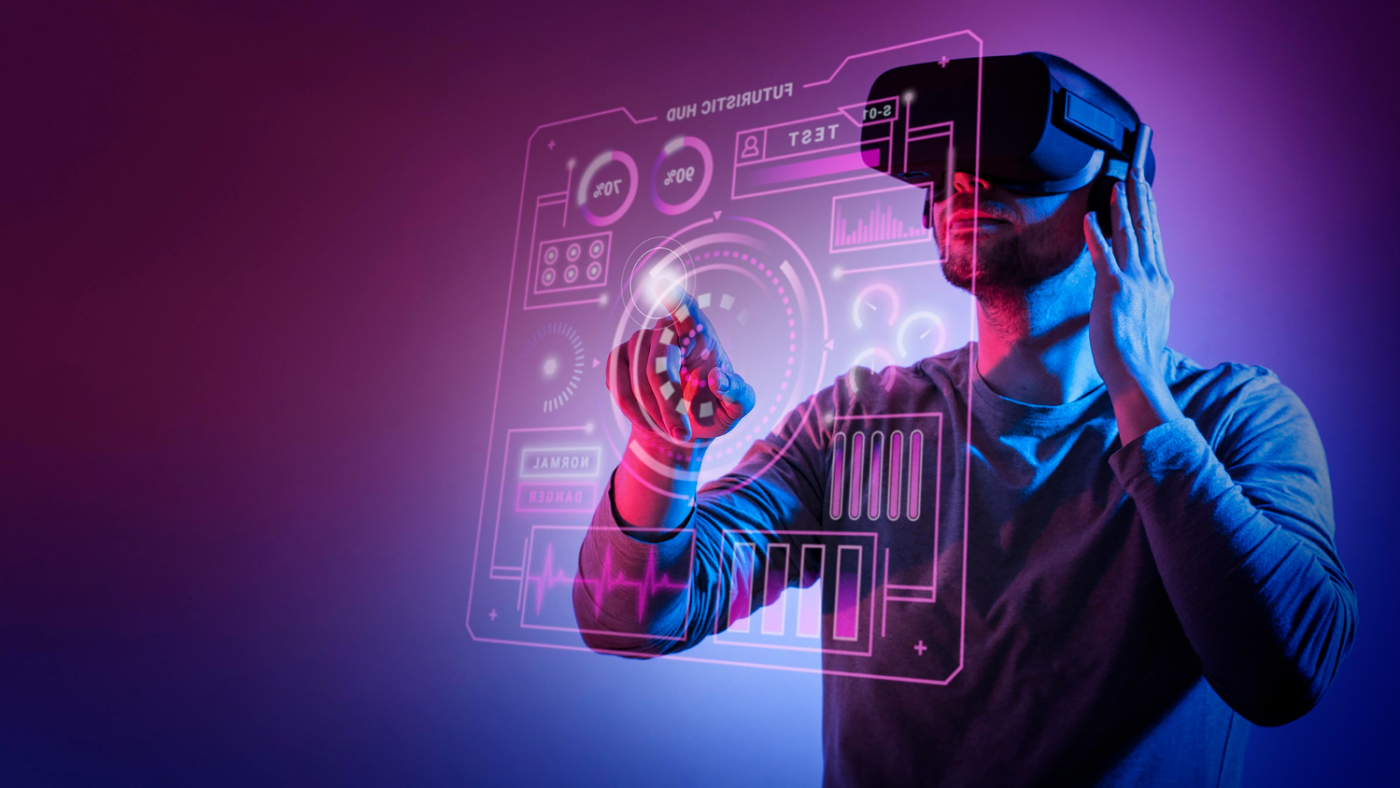In today’s ever-evolving digital landscape, technology is reshaping almost every aspect of our lives, including education. Two of the most transformative innovations in this field are Artificial Intelligence (AI) and Augmented Reality (AR). They have the potential to revolutionize the way we learn, making education more engaging, personalized, and effective.
Let’s take a closer look at the incredible possibilities that AI and AR bring to the world of education:
1. Personalized Learning with AI:
AI-powered learning platforms have the ability to understand each student’s unique learning style and pace. They can tailor educational materials and exercises to match a student’s strengths and weaknesses, ensuring a highly personalized learning experience.
For instance, if a student is struggling with math, the AI can offer extra practice problems and step-by-step explanations. On the other hand, if a student excels in science, the AI can provide advanced materials to keep them challenged. This adaptability ensures that no student is left behind, and every student is motivated to reach their full potential.
2. Immersive Learning with AR:
Augmented Reality takes learning to a whole new level. AR applications can bring abstract concepts to life and make the learning process more interactive and engaging. Imagine a history lesson where students can see historical events unfold right before their eyes or a biology class where students can examine 3D models of cells and organisms.
AR makes learning fun and hands-on, encouraging students to explore and experiment. It can also be used to simulate real-world experiences, like virtual field trips or complex science experiments, which may not be feasible in a traditional classroom setting.
3. Real-Time Feedback and Assessment:
AI can provide instant feedback on assignments and assessments. This means that students don’t have to wait for their teacher to grade their work. They receive immediate feedback on their performance, which can help them identify and correct mistakes faster.
Additionally, AI can track a student’s progress over time, helping teachers and parents understand where a student might be struggling and where they excel. This data-driven approach to education allows for early intervention and support when needed.
4. Inclusive Learning Environments:
AI and AR can make education more accessible to students with diverse needs. AI-powered tools can provide speech-to-text functionality for students with hearing impairments or assist students with dyslexia in reading and comprehension. AR can provide visual and interactive content that caters to different learning styles.
This inclusivity ensures that all students, regardless of their abilities or disabilities, have equal access to quality education.
5. Lifelong Learning:
Education is not limited to classrooms or a specific age group. AI and AR can facilitate lifelong learning, enabling individuals to acquire new skills and knowledge at any stage of life. Online courses, AR-powered skill-building apps, and AI-driven tutoring can support continuous personal and professional development.
In conclusion, AI and AR are transforming the educational landscape, making learning more personalized, engaging, and inclusive. They have the potential to empower a new generation of learners who are better equipped to face the challenges of an ever-changing world.
At Relobyte, we’re passionate about harnessing the power of AI and AR to reshape the future of education. Our AI and AR solutions are designed to make learning a dynamic and rewarding experience. To learn more about our work in the education sector, please contact us.

